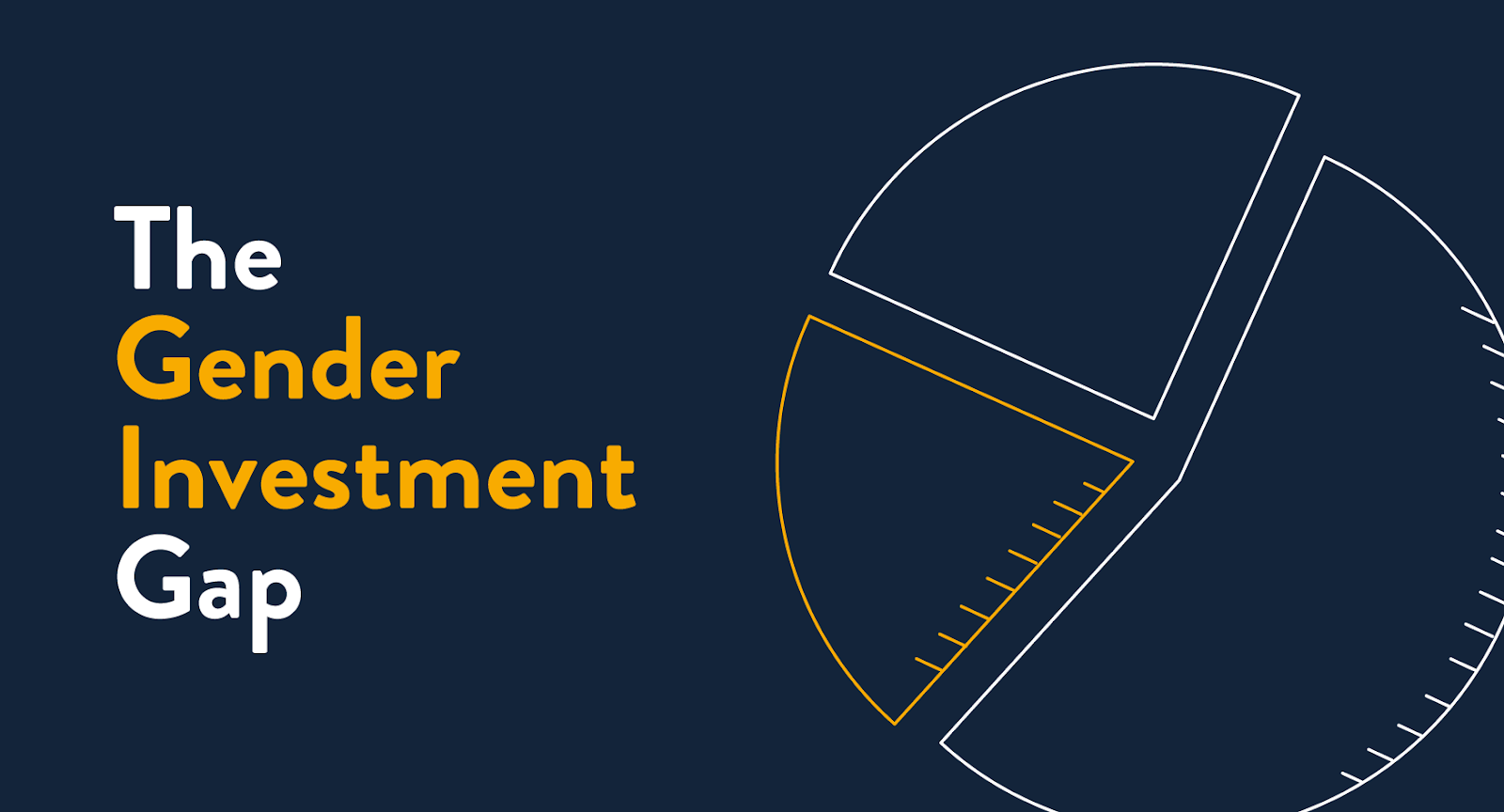
If you’re looking to buy a new car, getting the right finance will be one of your priorities. In recent years, leasing a new car has become more and more popular, with the Society of Motor Manufacturers and Traders now saying that about 80% of new cars in the UK are sold on ‘personal contract purchase’ (PCP).
But what is leasing? And is it better than buying a new car? Our guide explains everything you need to know.
How does car leasing work?
Under a car lease agreement, you essentially rent a car for several years at a fixed price. At the end of your contract period, you can hand it back to the leaser (typically the dealer) or choose to buy the car at a pre-agreed price.
Under a Personal Contract Hire agreement, you never own the vehicle, and you have to hand it back at the end of the term.
With a Personal Contract Purchase agreement, you have the option to buy the vehicle at the end of the term in exchange for a pre-agreed payment.
The pros and cons of leasing a car
One of the main reasons why leasing has become so popular over recent years is because it can work out much cheaper than buying a new car.
Firstly, the down-payment required is often very affordable. Depending on the scheme you may only have to put down an amount up to 3 months’ payments, while some dealers even offer 0% deposit deals.
Your monthly repayments under a lease are usually lower than they are for a loan to buy a car. This is because your repayments are only generally covering the depreciation in the car’s value over the term of ownership rather than the full cost of the vehicle.
Lease payments can sometimes cover other related expenses such as tax, maintenance and servicing which means you benefit from worry-free driving.
Leasing is also an easy way of getting the latest model. You don’t have to worry about selling the car at the end of your agreement, and it’s often easy to upgrade to a new model once your initial leasing deal ends. If you like to drive a new car and you want to keep up with the latest model, leasing can be a good choice.
While leasing has become popular in recent years, there are some factors you should take into account.
Firstly, if you decide to return the car you may have to pay a fee, or you may even be liable for all the remaining instalments.
You are also obliged to return the car in good condition, meaning you might have to pay to repair any damage to the car before you hand it back. If you have exceeded the pre-agreed mileage, you may also have to pay an additional lump sum at the end of the agreement.
You won’t be able to modify the car in any way, and you may need written permission from the leaser if you want to take the car abroad.
The pros and cons of buying a car
If you want a car to be ‘yours’, letting you do what you like with it, then buying could be a good option.
When you buy a new car, your monthly repayments will go towards paying off the total amount you owe, meaning you’ll build up equity over time. It also means that once you’ve made the final payment, the car will belong to you and you’ll own it outright.
You don’t have to worry about mileage limits or minor damage, and you can modify the car in any way that you like.
Bear in mind that buying a car is often more expensive than leasing. You may have to put down a larger deposit, and your monthly payments are likely to be more expensive. You may also be responsible for paying for any maintenance or repairs, particularly in later years once your finance is repaid and your vehicle is out of any warranty period.
If you like feeling as if your car is ‘owned’, and you’re happy to keep it for a longer period between changes, buying is a good option.
Short v long-term ownership
From a purely financial point of view, a study looking at the costs of buying versus leasing a car found that over a short-term period of three years (the typical length of a lease), leasing was cheaper.
However, buying was significantly cheaper over a ten-year period as you reap the benefits of ownership over a more prolonged length of time.


